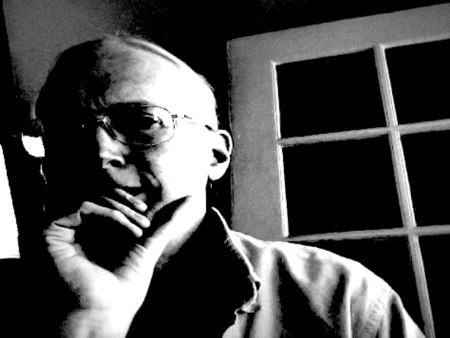Recently I read a blog post by Amod Lee on mindfulness meditation and whether it might be problematic for Christians. Lee notes that some Christian groups have mounted legal challenges to teaching mindfulness meditation in public schools, on the basis that mindfulness meditation is a religious practice, not a secular technique. Lee goes on to say that he is “not particularly interested in the particular American legal issues involved,” but rather wants to consider this issue “as a philosopher, a Buddhist, and a practitioner of mindfulness meditation.” Coming from that perspective, Lee argues that mindfulness meditation could be problematic for Christians:
“A key element to mindfulness practice is disidentification: one notices one’s thoughts and emotions as they surface, and observes them from a distance. In so doing, one comes to observe one’s mind, one’s self, as a divided entity, reducible into parts. One takes an approach which Augustine would have associated with his Manichean foes: where the soul is not one thing but the battleground for a struggle between good and evil intentions.
“That doesn’t mean one can’t practise mindfulness meditation as a Christian — or even that mindfulness meditation must mean one ceases to believe in an immortal soul. But the mindfulness approach, which explicitly comes out of Buddhist non-self, is explicitly in tension with the unified immortal essence postulated by most Christians. I think Christians would do well to at least be cautious around it.”
I found this argument helpful for me personally: I meditated for years, and finally stopped because I hated it. In the past few years, I’ve come to the conclusion that I never like meditation because I felt all the meditation techniques I was taught pushed me towards a negation of the self. By contrast, when I learned meditative techniques of self-inquiry while studying transcendental phenomenology in Edmund Husserl’s Cartesian Meditations, I found those techniques deepened my self-understanding without negating the self. Husserl’s technique led me to an understanding of intersubjectivity — that is, awareness of the self as a node in an intersubjective web of many selves — and eventually this led me to a sense that awareness of intersubjectivity is a highly desirable spiritual outcome. Similarly, meditative practices of observing non-human organisms, inspired in part by Henry Thoreau’s journals, also led me an awareness of my (non-negated) self as part of a web of intersubjective selves, many of which are non-human selves. Rather than negating the self, my own spiritual exploration led me to understand my connection with other selves, an outcome I find personally more rewarding.
My personal spiritual exploration leads me to expand on Lee’s conclusion: mindfulness meditation carries distinctly Buddhist content that people other than traditional Christians might also be cautious of, and even actively dislike. It is, in short, not a neutral practice.
(One last note: I’ve been to Unitarian Universalist worship services and workshops where the minister or workshop leader leads some kind of mindfulness meditation exercise with the unspoken assumption that everyone present will want to do mindfulness meditation. It would be wise for Unitarian Universalists to realize that mindfulness meditation is a practice borrowed from another tradition, to be careful that we do not misappropriate it, and if we do use it to remember that some Unitarian Universalists will find it distasteful or unpleasant.)

